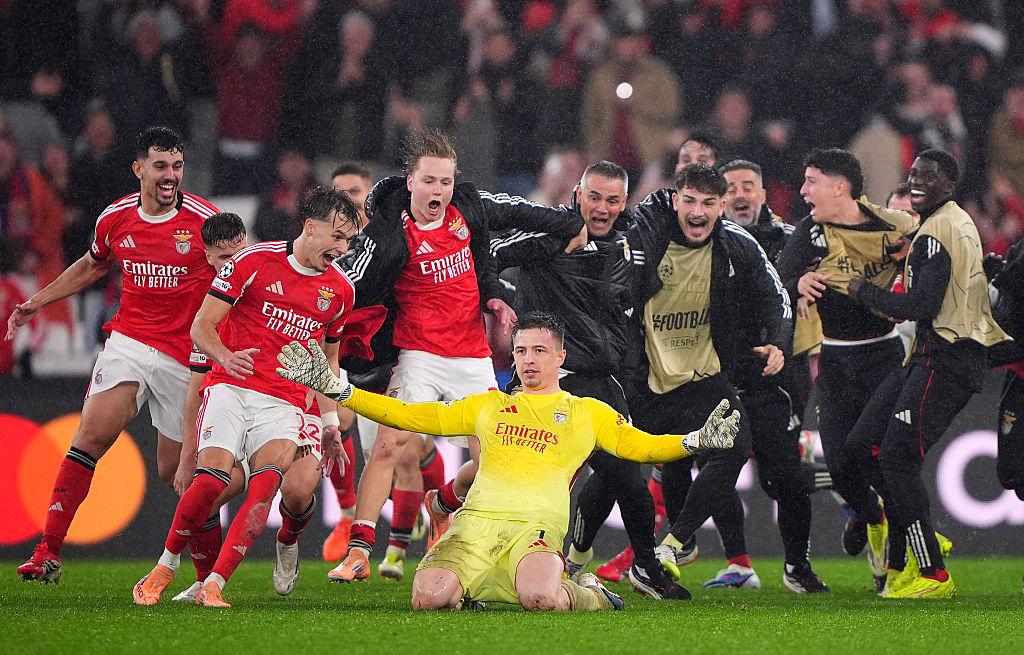France's Big Four hungry for more power

Around the table were Jean-Michel Aulas, Jean-Claude Dassier and Robin Leproux, chairmen of Olympique Lyon, Olympique Marseille and Paris Saint-Germain respectively, as well as Nicolas de Tavernost, head of TV group M6, the owners of Girondins Bordeaux.
Although they might have ordered the carpaccio, a starter costing 85 euros at the three-star Michelin restaurant of the Hotel Bristol, where the dinner took place, the discussion centred around how they could have more say in Ligue 1 affairs.
The meeting was not secret, the four seeing each other periodically, and all four denied plotting against Thiriez, although a source close to one of the four did say a proper meeting between the four and Thiriez was scheduled for later this month.
"I am the president of the League, which represents 44 clubs (from Ligue 1, Ligue 2 and a few from National, the equivalent of the third division) and it is normal that there are differences and sometimes arguments between the big clubs and the small ones", Thiriez a smart, 58-year-old trained lawyer with a neatly-combed moustache, told Reuters.
"I am there to find a solution everybody agrees with, it's a simple as that," he added.
The four have had many arguments with the head of the Professional Football League (LFP), most recently about scheduling issues, but also about television rights and disciplinary matters.
The latest argument was about a league game between Lyon and Grenoble last month, the date of which was changed at Bordeaux's request, the French champions saying it was not fair for Lyon to have an extra rest day before hosting Girondins in the first leg of their Champions League quarter-final.
The best features, fun and footballing quizzes, straight to your inbox every week.
CROWDED CALENDAR
Bordeaux and Lyon did squabble a bit over this, but both were particularly careful to blame the LFP for the way they handled the problem.
More generally, the four are upset about a crowded calendar, due partly to the addition from the 1994/95 season of the French League Cup, organised by the LFP and not as popular as the French Cup, run by the French Football Federation (FFF), which is also responsible for the national team and amateur game.
The LFP has repeatedly ignored calls from the top clubs to make their life easier by cutting the number of top-flight sides from 20 to 18.
The top issue, however, is not the calendar but television rights, which the LFP negotiates with television channels and are the main source of income for the clubs.
The Big Four, whose games attract the higher audiences, want a bigger share and even dream of marketing the rights on their own, while the LFP says the money should be redistributed fairly and benefit to all clubs, big and small.
"It's a permanent debate, how the rights should be shared out, and that's one of our duties," Thiriez said. "It is normal for the big clubs to want more, and it is normal for smaller ones to protect their share.
"Solidarity is a hard thing to ensure, you need to make sure everybody plays ball, but that's my role. I see myself a
 Join The Club
Join The Club





